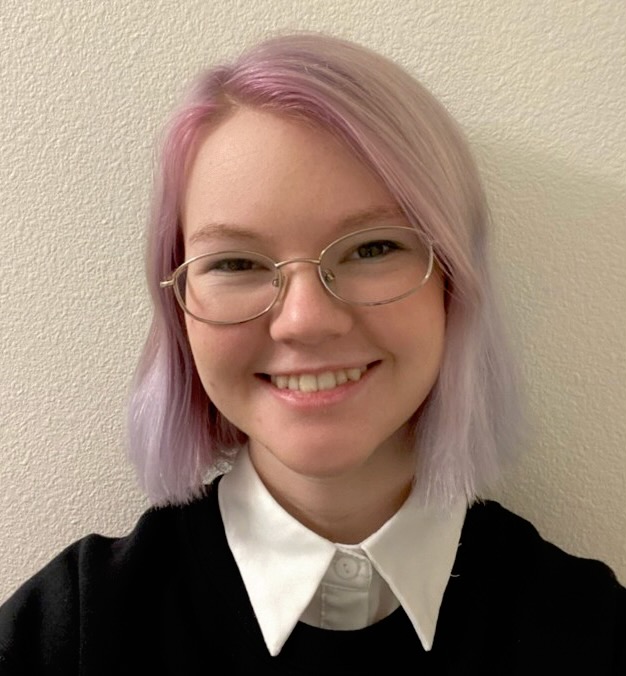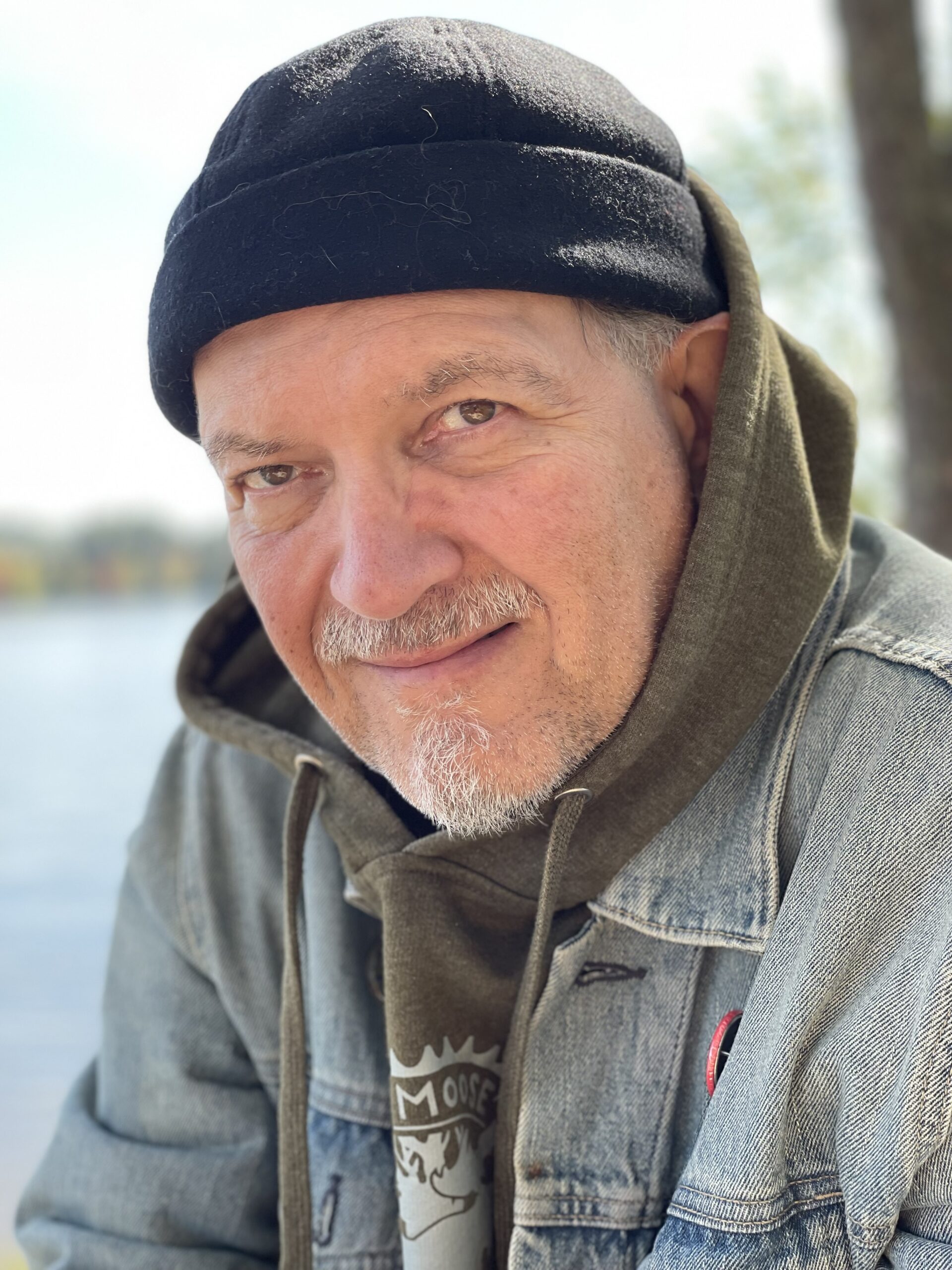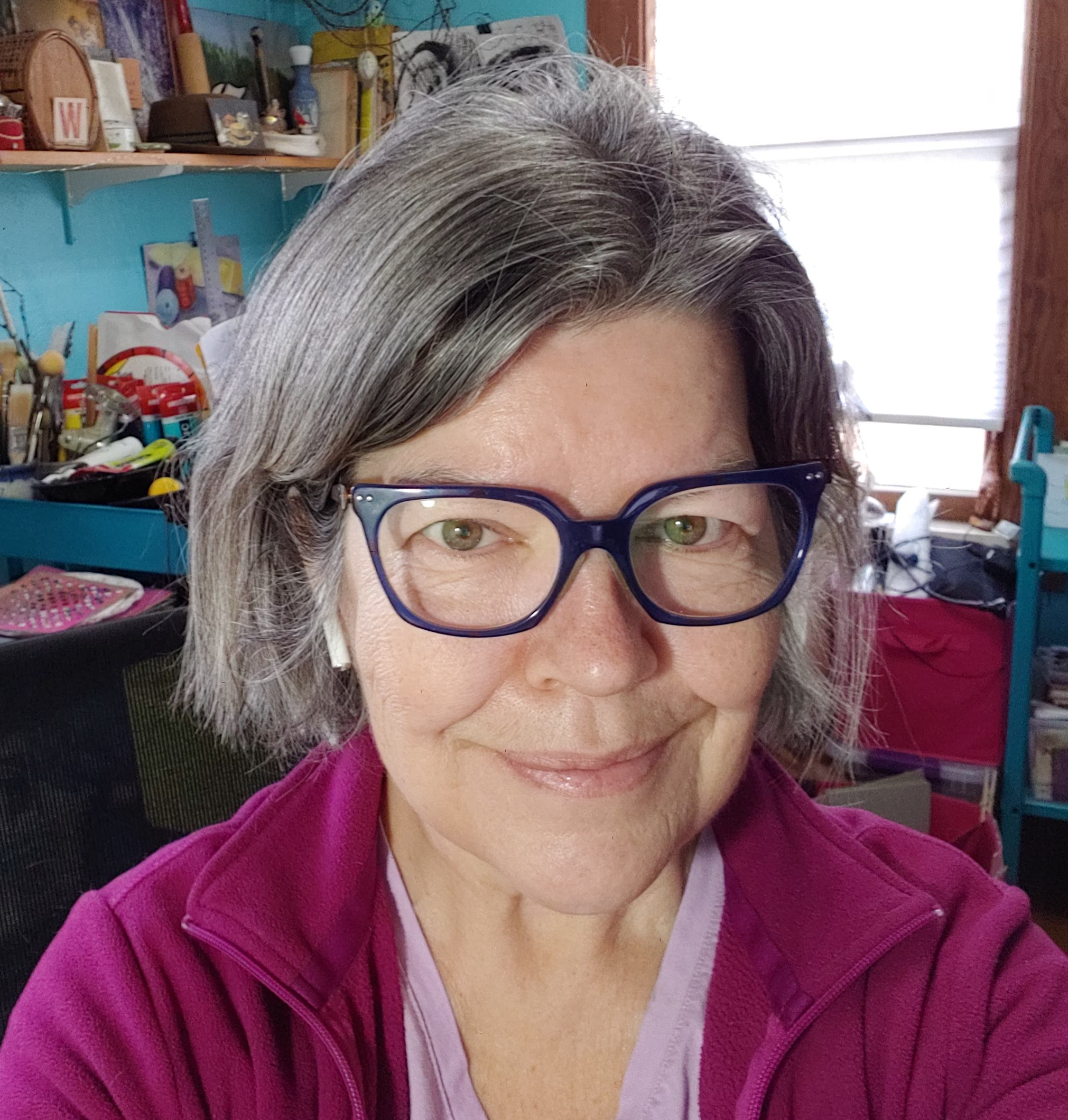Editors’ Pick Week 2: ‘Daughter of Our People’ Cycle by Sandi K. Johnson
Editors' Pick, Week 2
'Daughter of Our People' Cycle by Sandi K. JohnsonThe Devils Come to Town
Often the Kru or Gola dancing devils visited the city:
us, city folks, would hear the drums and abandon markets
or food on coal pots and run like goats to go witness;
we, the school kids, would leave our day’s lessons,
leaping through windows in our green, school jumpers,
and arguing couples would quit to run together, holding hands;
everyone wanted to watch the country dancing devils,
even the frighten children hiding in their mama’s lappah;
we would follow the dusty cloud of their paths,
the village people in Kente suits singing old songs,
and young boys beating leather drums with sweaty hands;
the trailing crowd would circle around like morning chickens
as the country devils dance stories with their bodies;
some wore outfits of dried palm leaves and wooden masks
with old clothes holding long stalks for arms and legs,
others wore huge rice bags filled with banana leaves,
making them look round as lumpy, giant balls,
but none of them showed skin or signs of a man inside;
they ran through backyards and streets in hurry,
and we would watch the spectacle as they flipped or romped
as if they drifted and weaved by like walking mango trees,
zapping in and out of crowds, leaving stings of happiness;
the old people loved them for reminding us of our heritage,
and they loved us for our generous handouts;
some of us would give them money from knotted lappahs,
others would hand over cold water or sugarcanes,
and when they departed, we would stand around for days,
comparing records about the wonders of the devils’ visit.
Growing Hands
By the age of four,
…………I’d already made up
…………my mind to grow my hands
like my mother’s. I wanted
…………to keep my nails long
…………and strong like hers.
Polish of some obscene color,
…………bemused in ego,
…………wasn’t her fashion.
Her nails’ styling sat clean
…………like blessed communions,
…………which felt soothing
on my scalp as she braided my hair.
Over the years, her hands endured
…………hours of typing and longhand writings
…………as a secretary at the U.S. Embassy
and still carried patience
…………like Mother Mary’s tears when she
…………returned home to her children;
with grace and peanut oil,
…………she rubbed our bared backs
…………as we fell asleep to her touch.
Her hands remained holy
…………when her husband roamed
…………to other women’s abodes,
and with dignity, she wielded
…………them again to pack us
…………away from a house of contrition.
Far across the Atlantic in America,
…………she ascended her hands
…………in soapy waters, cleaning
dance studio’s mirrors as tuition,
…………and with those same hands,
…………she clapped for my passions,
mended theater costumes and dresses;
…………even my lavish, velvety prom dress,
…………with embroidery and sequins,
kept her aching hands up all night,
…………stitching and tagging beads
…………days before I walked in
as the prettiest Liberian girl
…………dancing the Moonwalk
…………at my American prom.
When her mom became sick
…………with failed kidneys,
…………she rolled up her sleeves;
like Sunday’s ushers, she
…………roamed back and forth
…………in the aisles of our home,
employed her warm hands
…………to bathe, change, and care for
…………her mom in a dying bed,
and when that Sunday morning awoke,
…………a little flower knelt on a bedtable
…………as her mom’s last breath surged.
My mom kissed her mother’s hand as if a relic,
…………then she offered her hands as freely
…………as a martyr to seal her mother’s silent eyes.
Now, in her own age of discernment,
…………as dementia and time kneel at her bedside,
…………I render my hands into hers,
which feel as cold as last rites
…………but anointed in beatification
…………with parables left untold.
I pass on some of the warmth
…………she loans me,
…………and as our hands unify,
I can’t help but dwell on
…………how lovely the wear
…………might look on my hands someday.
Devil Makers
She was always told
Red was Devil color
The brighter the shade
The further she strayed
Covered in Eve’s sin
In the eyes of God
Tradition shamed her
As if her lineage wasn’t kin
Church wives cursed her
As if she summoned wraths
But who taught her
That crimson shade?
Who caused her to bleed
As an innocent child
In her bed at night
Just to feed into lust?
Who craved her more
When she flushed out
The life inside of her?
Who glorified her curves
In skimpy red dresses
Or kissed her like holy feet
when she plastered
that brassy red lipstick
Like stains from Holy wine?
Who came soliciting
With lacy red lingerie
And ordered her to spread
Like a good little girl?
Who called her sexy
In those red Gucci heels
Only to spank her to pout
During the heat of infidelity?
Who showed her a woman
Flashy in red is a pure vixen?
Who’s the true Devil?
About Sandi K. Johnson
A Liberian, West African born. Holds a BA and MA in English: Creative Writing from Mount Mary University. An English professor of 13 years in Houston, Texas. Published works include: “Little Kate’s Shoe” (poem) in Sounds of this House with National Book Foundation, “Smoke Break” & “The Invisible Woman” (poems) with Solstice Literary Magazine, and “Waiting” (short story) & “A Good-bye after a Hello” (poem) with Swirl Literary Arts Journal. Awards include: The Solstice Institute for Diverse Voices Prize in 2009, and winner of the Stephen Dunn Poetry Prize in Solstice: A Magazine of Diverse Voices in 2021.

BMP Celebrates National Poetry Month
Happy National Poetry Month! For poets and poetry lovers—and perhaps for those who love poets—this is a special time. At Brain Mill Press, we like to celebrate all month long by sharing featured poets, and with our fee-free contest. This year, we’re thinking about poetry cycles, poems that speak to each other, forms that build on each other (like crowns), and the ways a poem can be a scaffold or foundation for other poems. Our words are often in response to other poems, and our own body of work is often an ongoing conversation. We speak to each other, with ourselves, and sometimes into the void—hoping someone will answer back.
Top photo by Godisable Jacob





Recent Comments